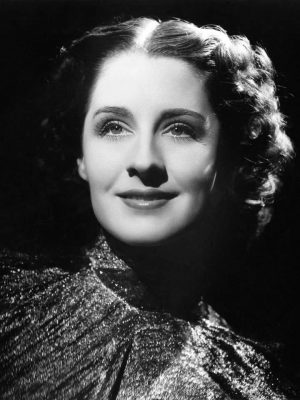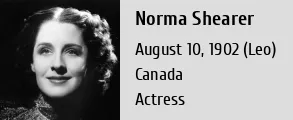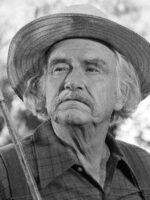Edith Norma Shearer (August 10, 1902 – June 12, 1983) was a Canadian American actress and Hollywood star from 1925 through 1942. Shearer often played spunky, sexually liberated ingenues. She appeared in adaptations of Noël Coward, Eugene O’Neill, and William Shakespeare, and was the first person to be nominated five times for an Academy Award for acting, winning Best Actress for her performance in the 1930 film The Divorcee.
Reviewing Shearer’s work, Mick LaSalle called her «the exemplar of sophisticated 1930s womanhood … exploring love and sex with an honesty that would be considered frank by modern standards». As a result, Shearer is celebrated as a feminist pioneer, «the first American film actress to make it chic and acceptable to be single and not a virgin on screen».
Shearer was of Scottish, English, and Irish descent. Her childhood was spent in Montreal, where she was educated at Montreal High School for Girls and Westmount High School. Her life was one of privilege, due to the success of her father’s construction business. However, the marriage between her parents was unhappy. Andrew Shearer was prone to manic depression and «moved like a shadow or a ghost around the house», while her mother Edith Fisher Shearer was attractive, flamboyant, and stylish. Young Norma was interested in music, as well, but after seeing a vaudeville show for her ninth birthday, she announced her intention to become an actress. Edith offered support, but as Shearer entered adolescence, she became secretly fearful that her daughter’s physical flaws would jeopardize her chances. Shearer herself «had no illusions about the image I saw in the mirror». She acknowledged her «dumpy figure, with shoulders too broad, legs too sturdy, hands too blunt», and was also acutely aware of her small eyes that appeared crossed due to a cast in her right eye. By her own admission, though, she was «ferociously ambitious, even as a young girl», and planned to overcome her deficiencies through careful camouflage, sheer determination, and charm.















